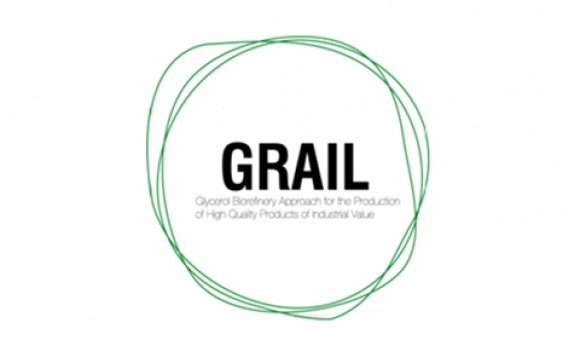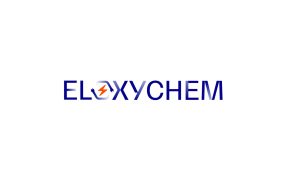Mollet del Valles 12/2013
A European consortium of 15 partners coming from 9 different countries has been constituted to carry out the project GRAIL “Glycerol Biorefinery Approach Towards the Production of High Quality Products of Industrial Value” within the European Union Seventh Framework Programme (FP7/2007-2013) under the Grant Agreement 613667.
This project will be supposed a global investment of 7.8 M€ with a EU contribution of 5.9M€ started in November 2013 and will take 4 years to give solution to the problem of the high stock of glycerol produced by the consequence of the boost of the production of biodiesel.
The GRAIL project is based on a real industrial need, since glycerol is produced as a by-product in the biodiesel industry in a 10% rate over all the biodiesel production, which means that 100 tm of glycerol is produce per each 900 tm of biodiesel. As a consequence, glycerol market is saturated with product and many companies have to deal this product as a residue due to the lack of market.
It is worth pointing that the glycerol produced in Europe is currently over 1.2 M Tm and it is considered less than 30% of the world production. Furthermore, due to European regulations it is expected a production of glycerol will boost into several millions by the year 2020 since there is an obligation to consume 10% of biofuel from transport.
The GRAIL Project objective is the development of a biorefinery from glycerol, that is, to develop new valuable products and industrially efficient processes from glycerol. It is important to stress that after many years of investing in projects in this area there are currently partial solutions available such as the two epichlorohydrine plants in China and Singapore and the recent monopropylene glycerol plant in Belgium that jointly add 300.000 Tm of glycerol processed, very distant from the current 1.2 MTm generated in Europe. Therefore there is still a lot to do to cover all the current and future production of glycerol to fulfil the 2020 objectives.
Against that, GRAIL intends to give a final step to the glycerol problem launching a wide range of products applied to different diverse fields, such as biofuels, paints, plastics, food and cosmetics among others to absorb the major part of the global glycerol production. The great diversity of the Grail partners will facilitate this goal since the GRAIL consortium counts with industrial partners of these sectors. Therefore we will expect at the end of the project a great number of industrial solutions and technological advances that will benefit the consortium, the biodiesel industry and the society in general.




